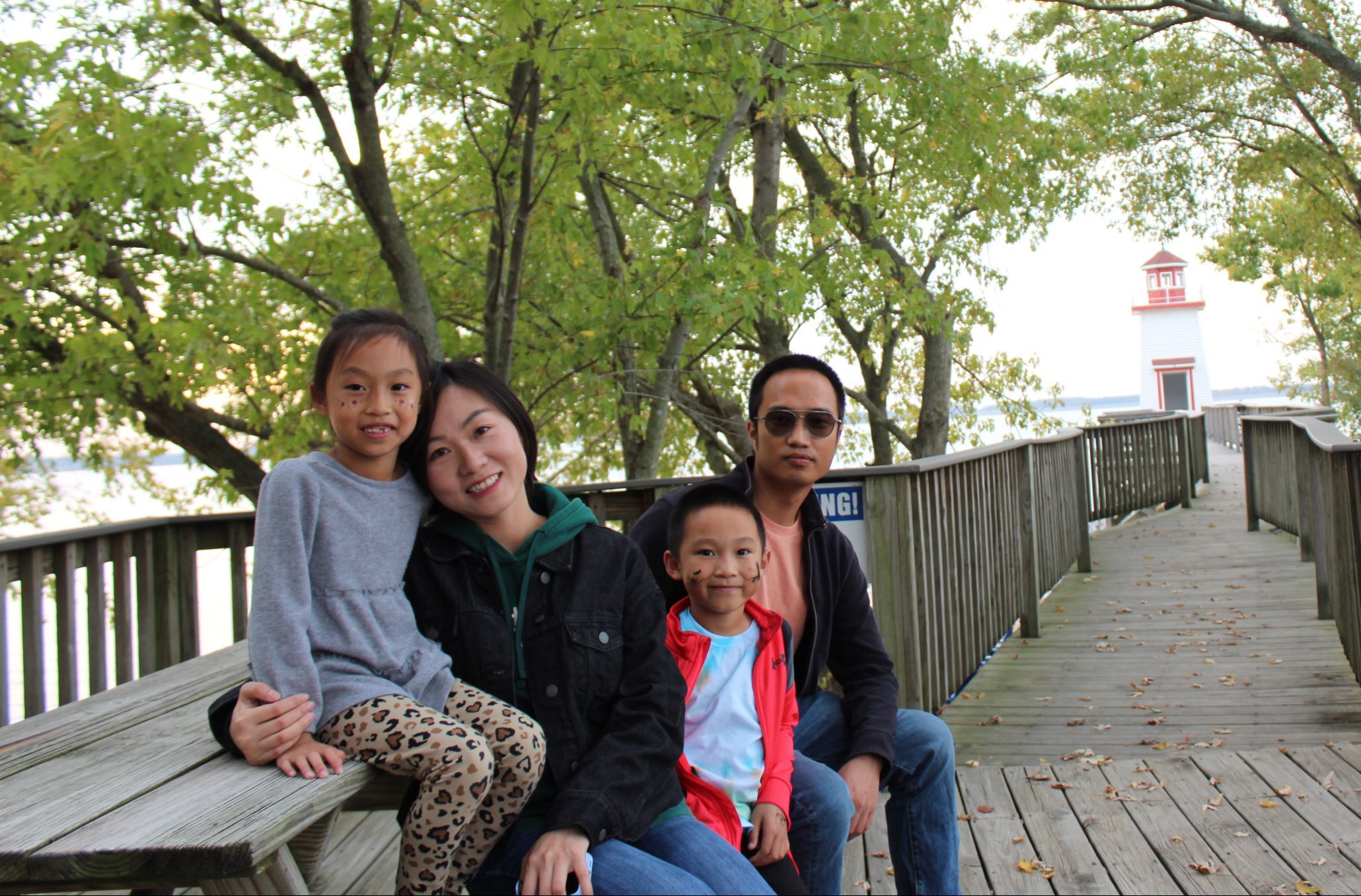
Photo courtesy of murraystate.edu
With the start of a new college semester, students and faculty at Murray State University (MSU) are partnering with Lotus to explore new virtual ways to prevent sexual violence on campus. Abigail Cox, director of the MSU Women’s Health Center, and Angie Trzepacz, a licensed psychologist and MSU Director of University Counseling Services, discuss the importance of sexual assault awareness and prevention in partnership with Lotus.
Although campus culture has changed due to COVID-19 restrictions and the student experience looks different, Abigail says it has given staff opportunities to learn.
“Programming is extremely limited and many of the classes that we normally present to are online. This has created more time to participate in training/professional development, update policies, look for ways to make resources more accessible online or remotely,” said Abigail.
MSU has many training sessions for student organizations, such as sororities and fraternities. It also offers courses based around the interpersonal level of prevention, such as bystander intervention and consent. However, as a top priority on campus, sexual violence prevention is an ongoing effort and MSU sees opportunities to expand its programs through partnerships with agencies like Lotus. Currently most student organizations are required to have training sessions only once a year, but Angie says this can be improved.
 “Ideally they would talk about this regularly throughout the year, including participating in role-plays and watching videos to help people understand the importance of these behaviors and feel comfortable engaging in them,” Angie said.
“Ideally they would talk about this regularly throughout the year, including participating in role-plays and watching videos to help people understand the importance of these behaviors and feel comfortable engaging in them,” Angie said.
Prevention training demonstrates a transformative impact when it is integrated into campus culture. To achieve this level of impact, Abigail says that organizational-level changes need to be made.
“Support in making group/organization changes can have a greater impact than the interpersonal level of prevention. For example, some national fraternities are making changes that prohibit/limit alcohol at organization-sponsored events. And our Greek Life Office has implemented a wide variety of social gathering policy changes. Those types of changes, I believe, make an impact on a group level and not just person to person.”
While organizational changes play a big role in changing campus culture for the better, there are also ways individuals can do to improve campus culture.
Abigail encourages students to keep open communication with staff.
“Students can influence campus culture by bringing concerns to the attention of campus professionals and making suggestions for improvement. Campus professionals want this feedback and the more students who are willing to have those conversations, the better the campus can address those student needs,” said Abigail.
Angie says that students can also use social media to promote healthy behaviors through awareness posts and holding their friends and followers accountable. Sharing a post from the Lotus Facebook or Instagram page, for example, can raise awareness and educate community members, including students and staff.
 As an MSU community, it is not only an opportunity, but a responsibility, to create a positive campus culture.
As an MSU community, it is not only an opportunity, but a responsibility, to create a positive campus culture.
“I think we have a unique opportunity to look at community (campus) level changes that can be made to create an environment that supports positive behaviors and reduces negative behaviors, while continuing the outreach and education that is already happening,” said Angie.
Angie believes that the Greek system and residential college systems are great resources for engaging students and educating them about their options.
For MSU students who have experienced sexual violence, Lotus and MSU have partnered to offer many resources in seeking safety, healing, and justice.
“Counseling services are available through the Counseling Center or the Psychological Center, and advocacy services are available through the Women’s Center or Lotus. Students who want to report sexual violence can talk to the Title IX office or the campus police.”








